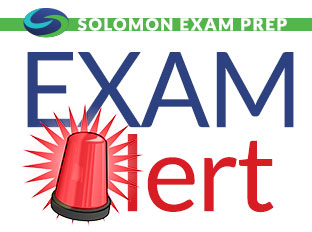On September 27, 2012, the SEC identified situations ripe for abuse of inside information at broker-dealers so that industry professionals will know what to avoid. The SEC also provided examples of good policies put in place at some broker-dealers that minimize the risk of insider trading violations. Continue reading
On September 27, 2012, the SEC identified situations ripe for abuse of inside information at broker-dealers so that industry professionals will know what to avoid. The SEC also provided examples of good policies put in place at some broker-dealers that minimize the risk of insider trading violations.
Potentially problematic situations include the following:
-Lots of informal, undocumented interaction between departments with MNPI (material nonpublic information) and sales/trading departments that could abuse that information
-Having senior executives that supervise multiple departments and could spread MNPI from one department to another without oversight, due to being “above” the information barriers
-Lack of review of situations where MNPI is provided from one department to another for business purposes
-Lack of review of trading in customer and affiliate accounts
-Lack of review of situations where MNPI is received from an outside source
Effective practices included:
-Having a system that distinguishes MNPI based on source or type of information (possibly even having individualized reports specific to certain pieces of information)
-Expanded review of potential misuse of MNPI, including looking at trading in swaps, loans, components of pooled securities (such as UITs and ETFs), warrants, and bond options
-Monitoring access to electronic sources of MNPI to see which employees access the information
-Monitoring access levels granted via key cards and computer networks to ensure that only authorized personnel have access to restricted areas
Source: SEC Issues Report on Brokerage Firms’ Handling of Confidential Information (SEC Release 2012-200)
This alert applies to the Series 24, Series 26, Series 6, Series 7, Series 55, Series 62, Series 79, Series 82, Series 99, Series 63, Series 65, Series 66, and Series 56.




